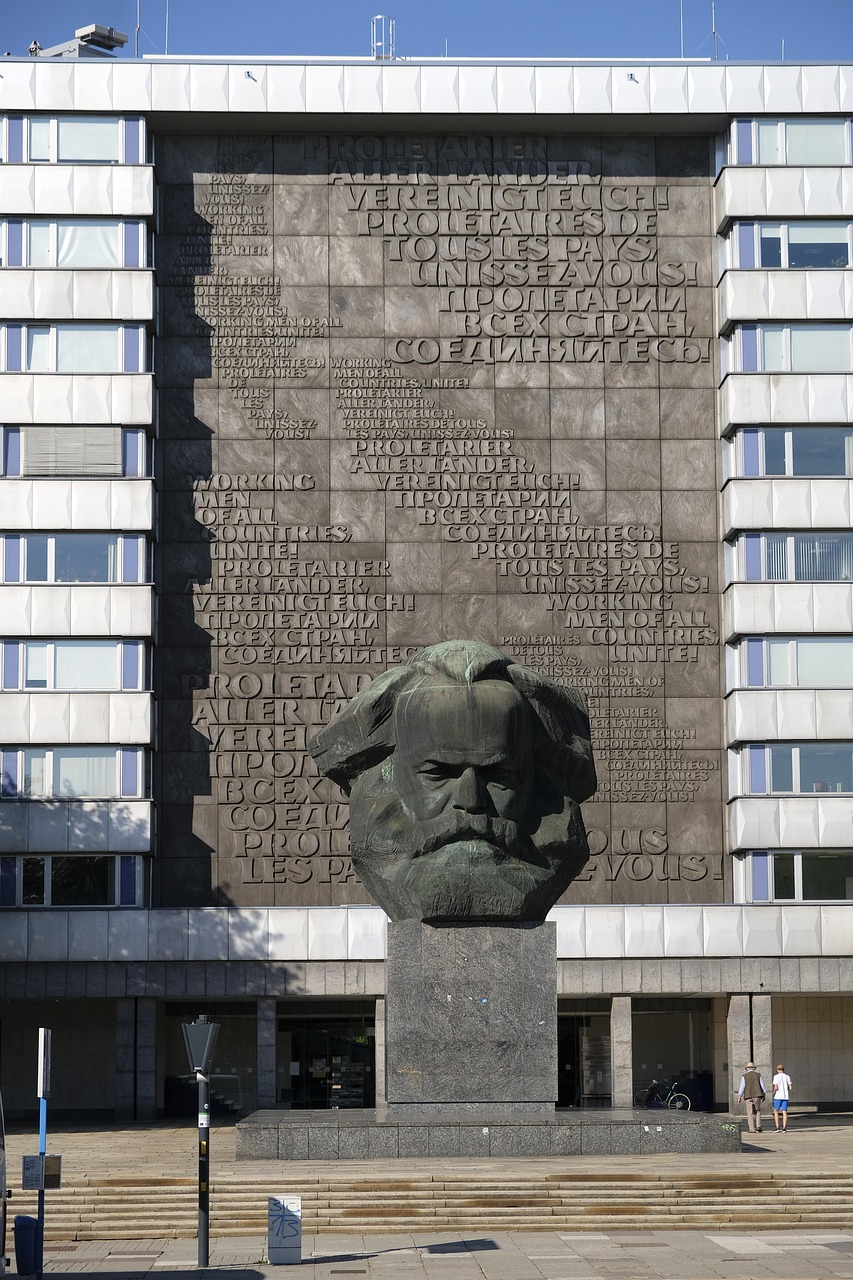 The state’s continued insistence on criminalising recreational drug use and addiction claimed another 4,651 lives last year in England and Wales alone – the highest number ever recorded, and figures which will likely raise again this year.
The state’s continued insistence on criminalising recreational drug use and addiction claimed another 4,651 lives last year in England and Wales alone – the highest number ever recorded, and figures which will likely raise again this year.
Years of policy focused on ‘law and order’ have done nothing to stop drugs flooding into Britain, or prevent the many thousands of deaths we see each year.
There has to be a monumental change in drug policy now to counteract this crisis. It’s becoming increasingly apparent that the legalisation of all drugs for personal consumption is now the only step which can radically change this country’s addiction fortunes. This, combined with a focus on rehabilitation and treatment rather than punishment, would set us on the course to finally being in control of the addiction despair plaguing the nation.
Legalisation would provide countless benefits. Firstly, people could begin to use drugs safely. The government and private businesses could finally provide a comprehensive system of testing for drugs in festivals, universities, clubs, and elsewhere. The highly successful ‘Loop’ programme provided a vital outlet for users to find out if their drugs were at safe toxicity levels. The amount of lives this could save is worth far more than the veneer of law and order which politicians are so desperate to propagate. A single weekend last October saw four young people die from drugs in the North East alone. Had these young people had comprehensive education surrounding such drugs, and the means to test their toxicity, they may have been alive today.
The amount we spend on criminalising drugs is abominable. Policing alone costs the government around £20 billion a year, while just £600 million is spent on treatment and prevention. No country in the world has been able to successfully manage their addiction crises by choosing punishment as their method of ‘treatment’.
One country has however vindicated the legalisation argument. In the 1990s, Portugal had one of the worst heroin abuse rates. A staggering 1 per cent of the population (at least) were addicted to the deadly drug. It also had the worst HIV infection rate in Europe.
In a change of tack, in 2001, the country decriminalised possession of all drugs for personal consumption. Now, their addiction rate is 5 times lower than the EU average and its HIV rates have plummeted. The Portuguese experiment has proved many things to be true: decriminalisation works, saves lives, and prevents severe damage to the economy.
In a practical sense, the legalisation of drugs could work efficiently and effectively, reducing the addiction burden of the taxpayer. The time and cost associated with arresting, charging, and sentencing drug users would cease to exist. Britain’s extensive network of pharmacies and GP surgeries (who already successfully and widely distribute methadone) could anonymously provide safe and pure versions of the most abused illegal drugs in this country. This would give the government the ability to track the number of users easier, thus making directing rehabilitation funding to specific regions easier.
Rather than allowing our addicts to continue to fund drug gangs, who in turn are causing untold carnage and violence on our streets, they could begin to be treated humanely by an NHS and judicial system which continues to punish them. Those who use drugs sparingly, most likely those aged 16-24, would have access to safe drugs. Statistics show the drug problem within our prisons remains rife; 15 per cent of prisoners (most likely an underestimate) have some sort of drug addiction.
It makes no logical sense that the government continues to throw people with a health issue into an expensive judicial system, simply to end up in a prison which houses other drug addicts and does nothing to help treat actual addiction problems.
British people have remained stubbornly puritan on the issue of drugs. Despite the fact one can easily see people smoking cannabis openly on the streets of most major cities, and that middle class people are now among the most prolific drug users, people seem intent on pretending the vast majority of the population do not touch drugs. Marion from across the road couldn’t possibly have ever touched cocaine! Marion most likely has, along with many more of your neighbours. People often say that legalisation would lead to an explosion of usage, but the fact is those who wish to use drugs can do so easily now, just in a much more dangerous environment.
Recently, thankfully, the tone does appear to be changing ever so slightly. Tory juggernaut William Hague even recently came out in support of legalisation. The sooner we stop allowing the judicial system to deal with addiction, the sooner we can crush some of our most dangerous gangs and start saving lives. It does nobody any favours to remain against legalisation for the sake of upholding some skewed standard of morality and justice.
Legalisation is the only way forward in this crisis. Drugs must be legalised, and legalised now. Successive government policies have been a disaster for decades, and subsequently left us with thousands of treatable addicts dead, a brutal and organised drug crime network, and a nation still deluded in thinking drugs can be controlled.















